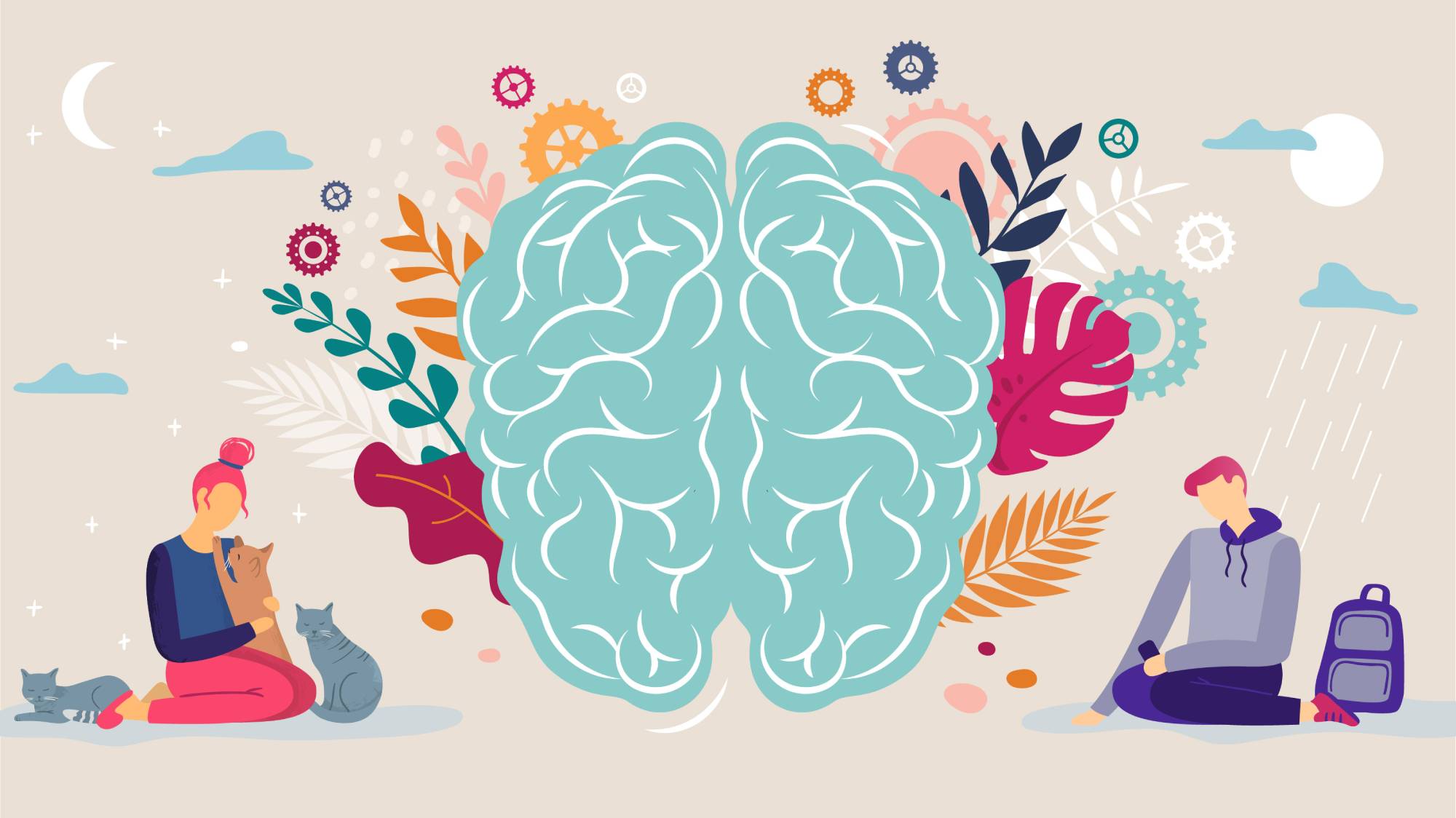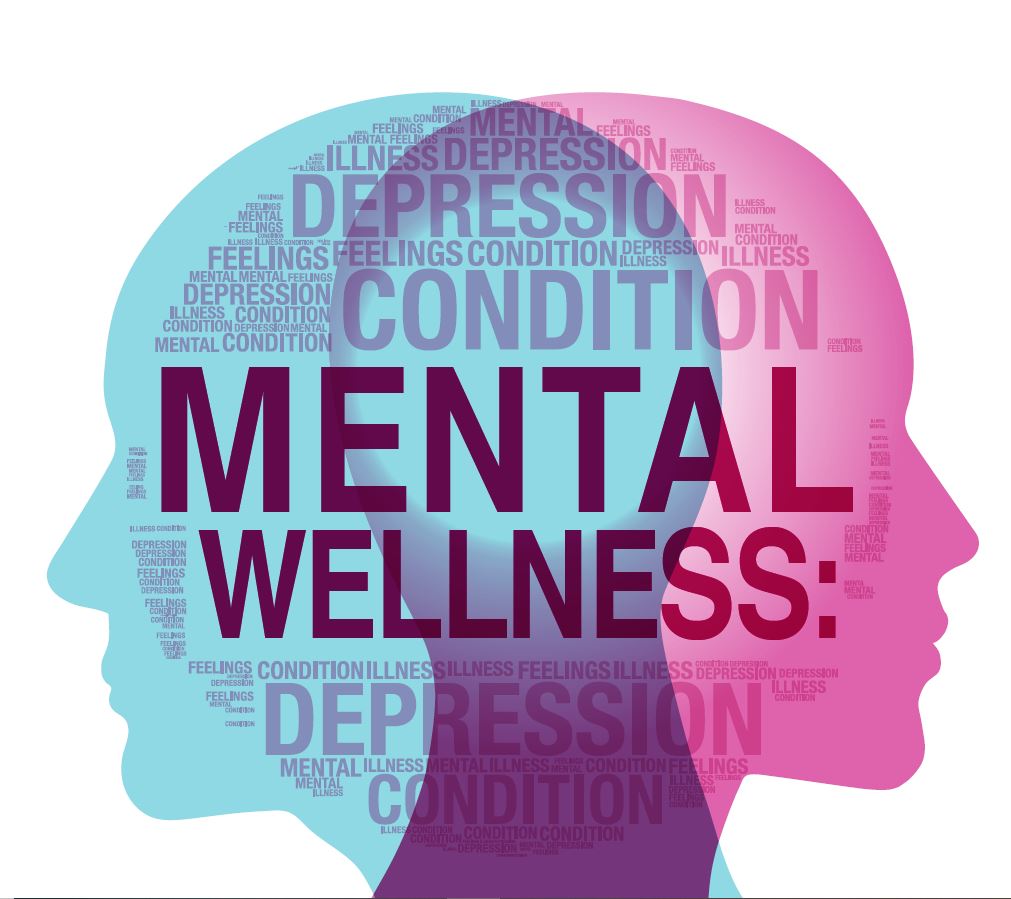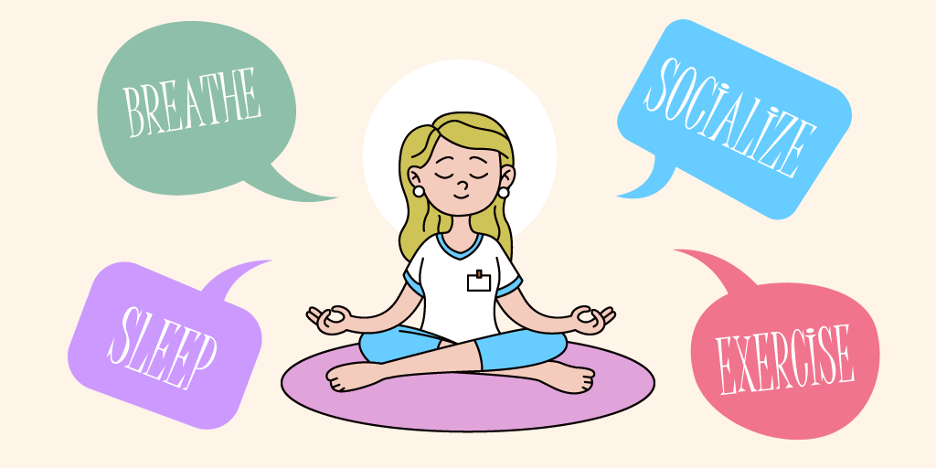Fitting in on your own terms
Going to university, moving away from home is a part of life that most people will encounter. Some students see the transition as an exciting fresh start, whereas others may…
Have you ever noticed how everything seems possible when you’re in a good mood? Or how a problem doesn’t seem so serious after you’ve woken up from a good rest? The effects of our mental health are experienced in every aspect of our lives. Our moods, physical health, and social connections help us cope better with adversity and unexpected hurdles. Together, they contribute to our sense of wellbeing and our mental health.

The effects of our mental health are experienced in every aspect of our lives: our moods, physical health, and social connections (Photo: Good News from Finland)
Mental health is defined by the World Health Organisation (WHO) as ‘a state of wellbeing in which an individual realises his or her own abilities, can cope with the normal stresses of life, can work productively and is able to make a contribution to his or her community.’ Mental health is an essential component of health – it’s as important as our physical health and is essential to our overall wellbeing. Mental wellbeing is about your thoughts and feelings and how you cope with the ups and downs of everyday life.
Mental wellbeing is not the same thing as mental health, although the two can influence each other. Being in a good mental state can keep you healthy and help prevent serious health conditions. In contrast, poor mental health can lead to poor physical health and behaviours. Long periods of low mental wellbeing can lead to the development of diagnosable mental health conditions such as anxiety or depression.

Mental wellbeing is not the same thing as mental health, although the two can influence each other (Photo: Chicago Association of Realtors)
Importantly, good mental wellbeing is not the absence of negative thoughts and feelings. We all face difficult and challenging situations that cause us to feel angry, sad, overwhelmed and everything in-between. Instead, it’s about being able to understand and manage those feelings, so that generally you’re able to:
There is a strong link between mental health and physical health; increasingly, health professionals are seeing this important connection and the pathways from one to the other. Looking after your physical wellbeing is not only important for your physical health itself, or because good physical wellbeing will benefit your academic performance. Your physical wellbeing and your lifestyle will also have an impact on your mental wellbeing.
Keeping active is a powerful way to enhance your physical and mental health. When we exercise, our body releases feel-good chemicals in the brain, which can greatly improve our mood. These chemicals – or endorphins – can also help with concentration, improve sleep and help you to feel more confident.

A balanced diet is essential to maintaining stable moods and emotions (Photo: Safar Medical)
Good nutrition is also a key factor when influencing the way we feel both physically and mentally. Healthy eating helps us cope more effectively with stress, better manage our emotions, and get a good sleep – which all assist learning. By getting the right nutrients, we are giving our bodies the fuel it needs to keep healthy and strong. The “fuel” comes from the foods we eat, and what’s in that fuel makes all the difference. It directly affects the structure and function of our brains and bodies.

Connecting to people is a good way to stay engaged during the pandemic.
Healthy relationships are important for your mental health and wellbeing. They can boost your energy, increase your feelings of happiness and self-worth, help you relax and feel supported. Connecting with others has two parts: yourself and others. Looking after yourself help you cope with life’s challenges and helps you look after others as well.
Learning new skills can also improve your mental wellbeing as they boost self-confidence, build a sense of purpose and help you to connect with others. Doing something creative can help distract you from difficult thoughts or negative feelings and help you to process them. It can also be rewarding. You could try doing something like drawing, playing a musical instrument or cooking. Remember that the finished products are not your priority, just try to enjoy the process. Often it is the process that is more helpful to you than the actual outcome or end product.
Sleep and health are strongly related, just as important as drinking, eating, and breathing, we spend about a third of our lives asleep, and it allows our bodies to repair themselves and our brains to consolidate our memories and process information. Living with a mental health problem can affect how well you sleep, and poor sleep can have a negative impact on your mental health. It is vital to have good sleep for maintaining good mental and physical health.

Mindfulness is a way of paying attention to the present moment (Photo: Qminder blog)
Mindfulness is a way of paying attention to the present moment including your thoughts and feelings, your body and the world around you. Mindfulness is a great way to improve your mental wellbeing as it helps you to enjoy life more, positively change the way you feel about life, get to understand yourself better and how you approach challenges. When we become more aware of the present moment, we begin to experience afresh things that we have been taking for granted.
Sometimes, it’s okay to be NOT okay, and we are here to help. Reach out to Swinburne Vietnam StudentHQ and let us know how we can help you succeed!
Swinburne Life